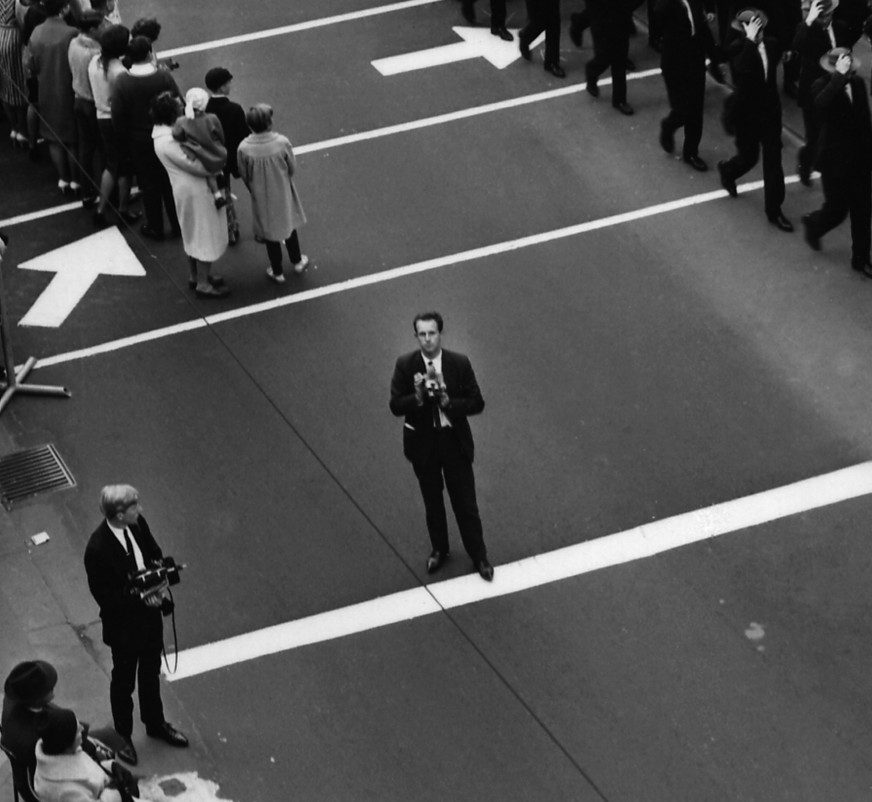This video was made for Fiona Hooton to project on the walls of Verity Lane Canberra, as part of Localjinni’s AlleyHart video walk for Contour 556 2020, Canberra’s public art biennial, and the Design Canberra 2020 festival. The song was arranged and sung by Jacqui Bradley and Krista Schmeling. In a video studio they stood either side of the screen as I projected the original slides through a pair of magic lanterns, using the bat wing dissolver to dissolve between the slides, and a piece of black cardboard with a hole in it to ‘iris’ in on details. The video was shot and assembled by Amr Tawfik and then projected from a mini projector. The life-model magic lantern slides were made by Bamforth & Co after 1897. The song was written in 1877 by George W. Persley and Arthur W. French.

